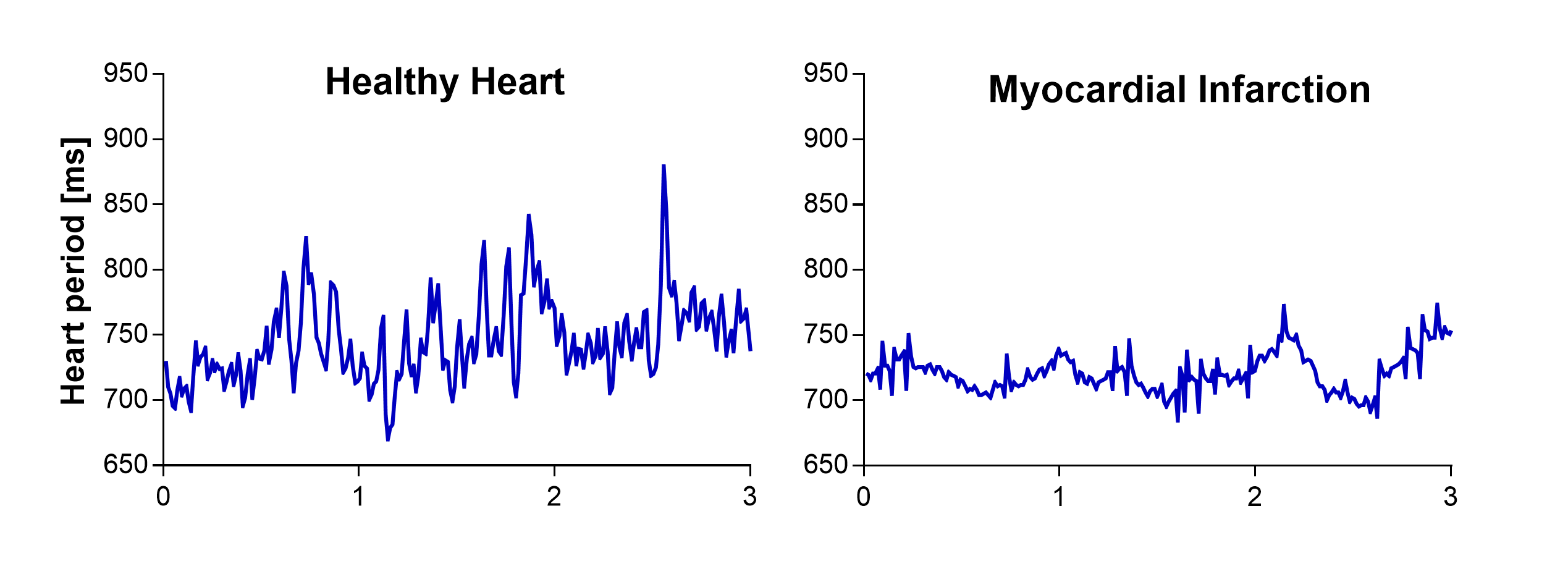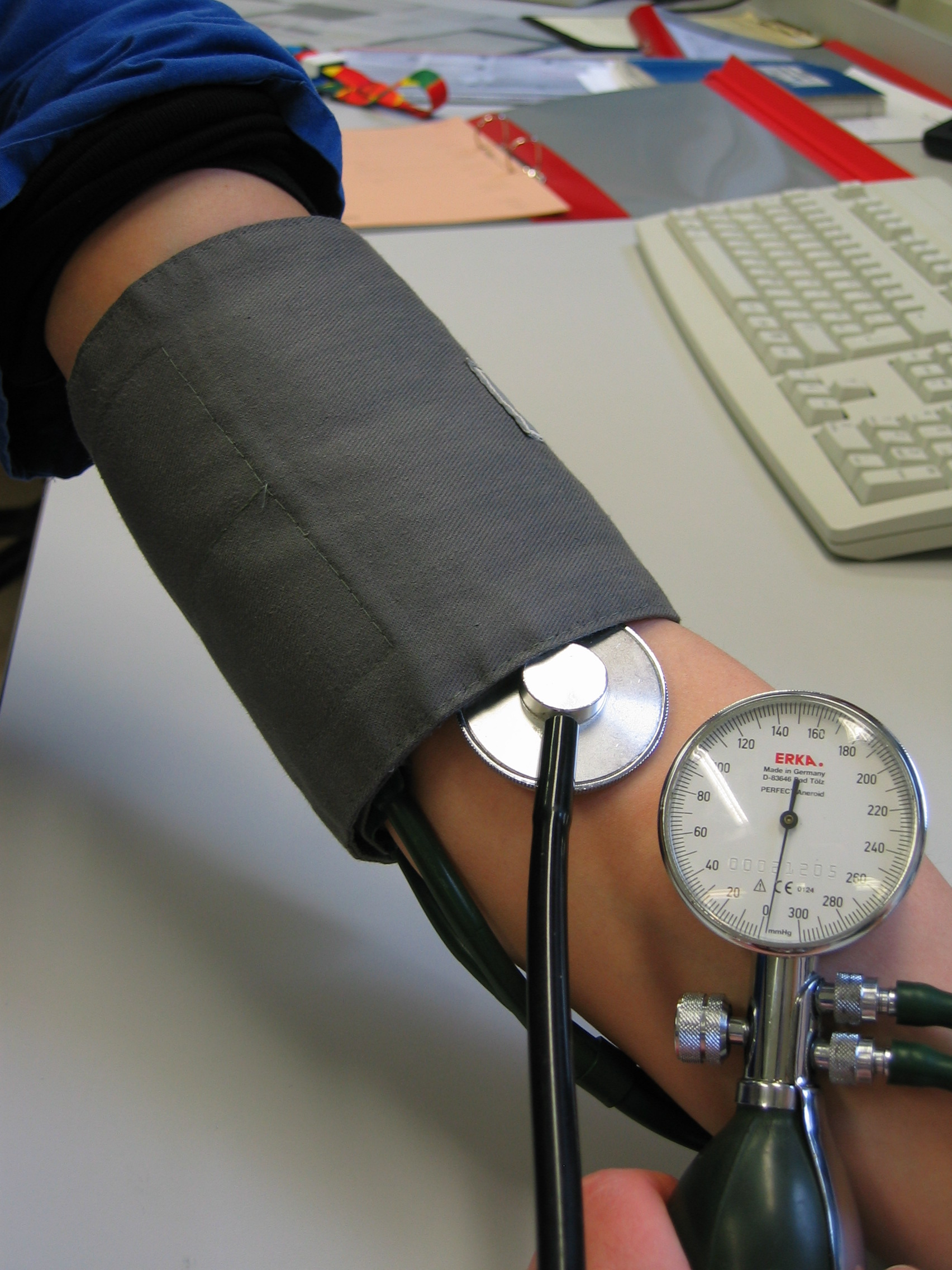13 Wonderful Ways Your Body Changes When You Quit Smoking
Smoking is highly addictive. The nicotine in tobacco increases dopamine in the brain, a chemical that produces feelings of reward and pleasure. The feeling is almost immediately produced as within ten seconds of inhaling nicotine reaches the brain. In addition to being addictive, cigarettes cause serious health problems over time. Smoking cigarettes cause lung cancer, pneumonia, emphysema, heart disease, strokes, etc., and increases the risk of all types of cancer. Quitting smoking for staying healthy is an option that many are choosing. Here are the thirteen things that take place in your body after you quit smoking.
Twenty Minutes After You Quit Smoking, Your Heart Rate Will Drop

Having a lower heart rate is generally indicative of better health. The resting heart rate may range from 60 to 100 beats per minute for average adults. For a professional athlete, the resting heart rate might be about forty beats per minute. A lower heart rate also generally indicates overall better cardiovascular fitness as the heart system does not need to overwork itself to get the job done. Smoking increases the heart rate, clogs arteries and can produce an irregular heart rhythm. It damages the cardiovascular system and puts a strain on it. Within only twenty minutes after quitting smoking and the last cigarette, there is a noticeable drop in the heart rate towards a normal level. In addition to quitting smoking, regular exercise helps drop the resting heart rate. For measuring the resting heart rate, wait at least an hour after consuming any caffeine, wait more than two hours after exercise or a stressful event. The American Heart Association recommends measuring your resting heart rate immediately in the morning before getting out of bed.
Two Hours After Quitting Smoking Your Blood Pressure Returns To Normal

People with high blood pressure often do not show symptoms. Some people might experience dizziness or a pounding feeling in the head or chest. High blood pressure puts additional strain on the heart and blood vessels and causes heart and kidney disease, some forms of dementia, and increases the risk of heart attack and stroke. Smoking causes high blood pressure by increasing the amount of fat circulating in the blood and limiting the blood’s ability to carry oxygen with the carbon monoxide in cigarette smoke. The good news is that after only two hours of quitting smoking your blood pressure will return to normal. Quitting smoking will reduce your blood pressure levels by five to ten points. You will quickly begin experiencing improved circulation of the blood, and your fingertips and toes may begin to feel warm.
